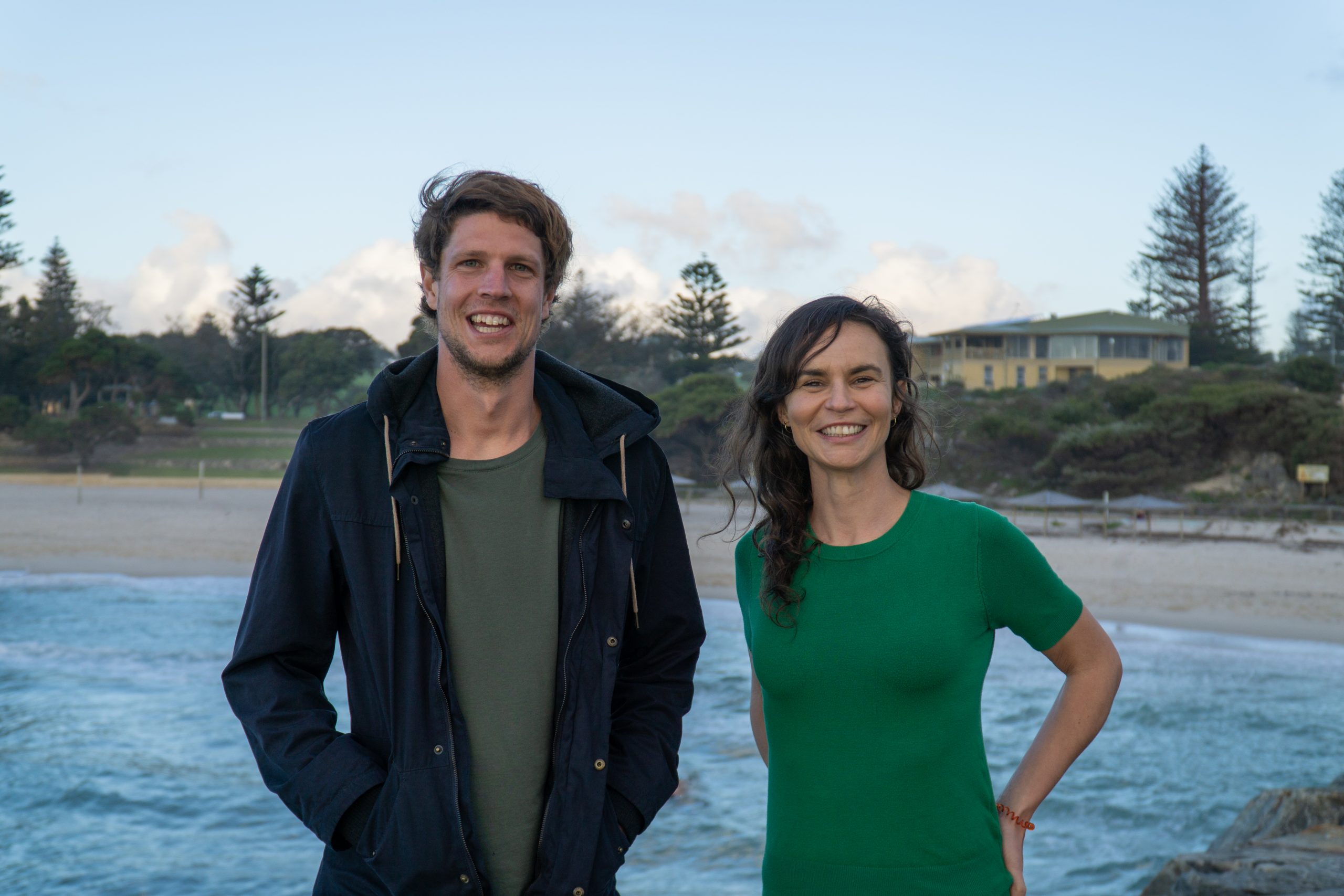
CSIRO-backed Main Sequence Ventures, Alberts Impact Ventures and family offices investment firm The Eights have provided $1.3 million in initial funding to use seaweed to produce alternatives to petro-chemical plastics.
Perth-based start-up ULUU plans to use the funding to prove it can economically produce commercial quantities of seaweed-derived natural polymer products.
The funding has enabled the company to recruit a team of biotechnology scientists to work at its laboratory at the Indian Ocean Marine Research Centre in Perth. The team is working with research partners at the University of Western Australia and CSIRO to optimise production processes. After that, it is planned to set up pilot production runs that will take “made with ULUU” products to market in partnership with major fashion brands, possibly by the end of next year.
The ULUU product is a PHA natural polymer produced via a fermentation process. PHA polymers have many of the characteristics of plastics but are truly biodegradable. PHAs are not new but to date they have usually been produced from grains which would otherwise be used for food and require fresh water, fertilisers and pesticides for growing. Use of mechanical equipment in farming also produces carbon emissions.
The founders of ULUU are oceanographer Dr Julia Reisser and Michael Kingsbury, a commercial lawyer who has worked for Corrs Chambers Westgarth and BHP.
Reisser came up with the idea of using farmed seaweed as a substitute feedstock because seaweed absorbs significant volumes of carbon. This carbon will remain sequestered in the final products more than making up for carbon generated in the production process.
“Seaweeds are amazing marine plants with some of the highest carbon dioxide removal rates,” Reisser said. “They also clean up and oxygenate our oceans.”
Producing ULUU materials at scale should also have economic benefits. Seaweed farming could provide employment in isolated coastal communities and large-scale production should be less expensive than producing conventional plastics or PHA polymers from other feedstocks.
Kingsbury said: “By using seawater rather than fresh water we can eliminate harmful chemicals and operate under naturally sterile conditions. Unlike others, we no longer need to stop and start production for reactor cleaning – instead we can operate continuously, increasing yield while reducing costs and carbon emissions.”

Albert’s head of impact investing Emily Albert said: “We look to work with pioneering founders with a pioneering vision and that is exactly what we’ve found with ULUU; an amazing team with a vision to have a significant impact on multiple issues facing our planet. ULUU will not only tackle plastic pollution and decouple our polymer economy from fossil fuels but, in sequestering carbon, has the potential to benefit the world.”
Senior associate at Main Sequence Stella Xu said: “Following the close of our second fund earlier this year, we have been searching for solutions to tackle our broader challenge to decarbonise the planet. ULUU is a great example of a company doing just that. It is solving two big problems – plastic pollution and climate change – through deep tech.”
Image: ULUU founders Michael Kingsbury and Dr Julia Reisser at Cottesloe Beach, Perth.
